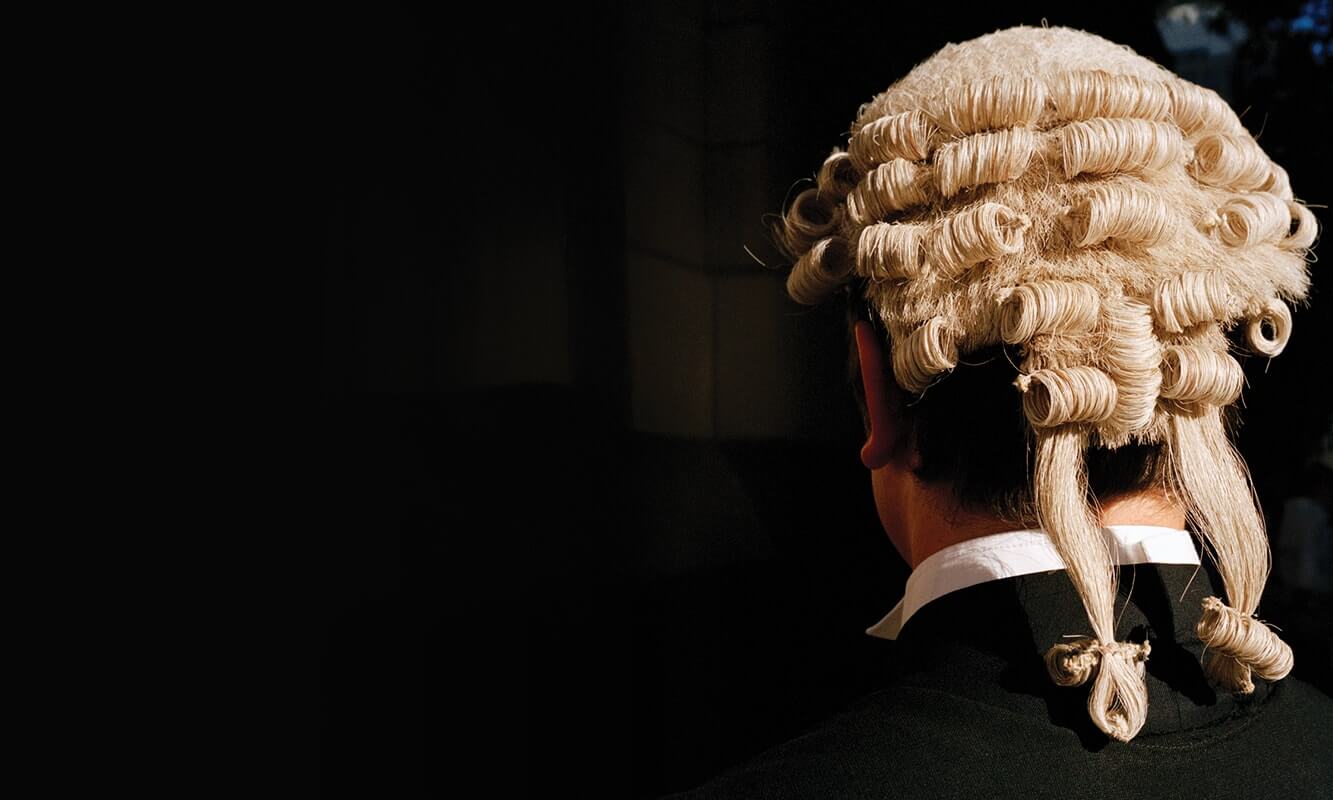The recent decision in Council of the New South Wales Bar Association v EFA1 concerns a very disturbing incident at a barristers’ function, and has been the subject of some media coverage.
Queensland solicitors should bear in mind that the New South Wales tribunal was considering a different regulatory regime, and similar conduct may be seen differently in this state.
The conduct under review by the tribunal involved a male barrister approaching a female colleague who was seated at a table, placing his hand on her head and pushing it, while grossly and offensively instructing her to perform oral sex on him (the details can be found in the tribunal’s findings at paragraphs 35-51).
In characterising the conduct, the tribunal found (at 58) that “EFA was not actually inviting H to have oral sex with him. It seemed, rather, from the CCTV footage, that he was extending to her an abridged echo of the greeting he had offered to A. He was including her in the horseplay he had engaged in with A.”
After careful consideration, the tribunal found that this conduct did not constitute professional misconduct, either at common law (because the dinner, which was part of the NSW Barristers’ Clerks Association Conference, “could not be said to have had ‘some real and substantial connection with professional practice’”)2 or as per s296 or s297 of the uniform law (because the conduct did not “indicate that he has a character flaw which would render him unfit to practice the law for any length of time, let alone permanently”).3
In Queensland, solicitors are officers of the court 24/7, and any similar conduct would be considered in light of the duties which come with that; the nature of the social function would not be a significant factor. It is also unlikely that the conduct would be considered ‘horseplay’, a characterisation which – in light of the obligations of solicitors in Queensland – does not indicate the seriousness of the incident.
Solicitors should remain guided by their duties as officers of the court, especially the duties to avoid conduct which would bring the profession into disrepute, diminish public confidence in the administration of justice or indicate a lack of fitness to practice. These duties apply at all times and in all places, and our conduct will be viewed through that lens.
Footnotes
1 [2021] NSWCATOD 21 (4 March 2021).
2 Ibid [68].
3 Ibid [76].














Share this article